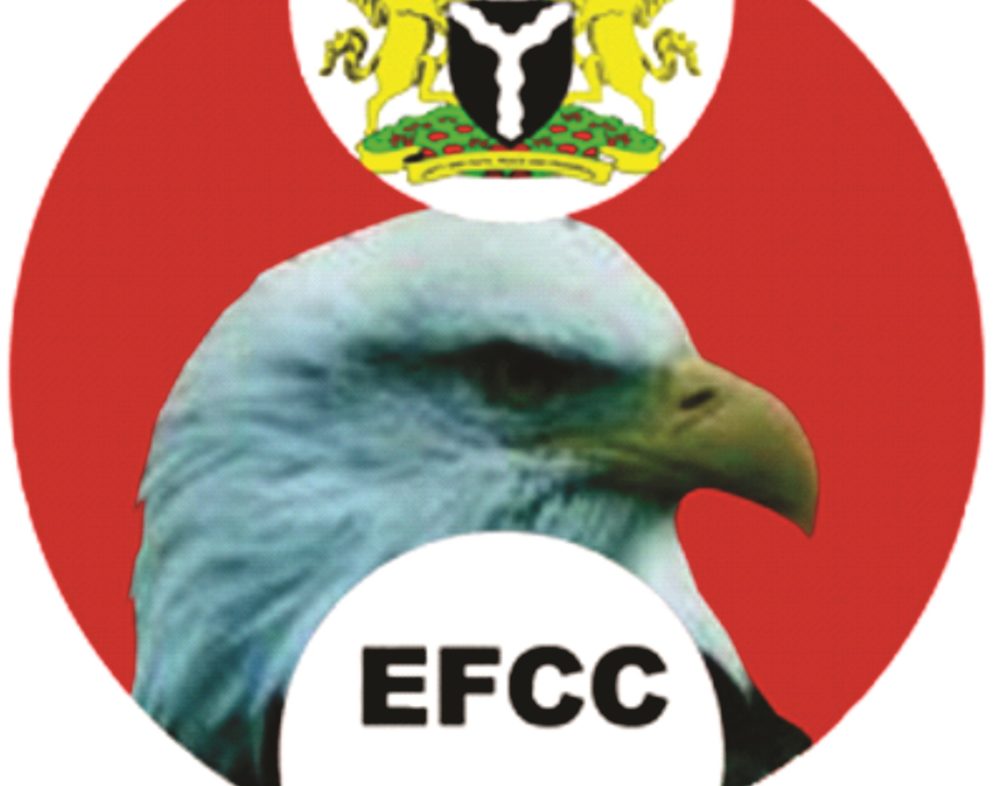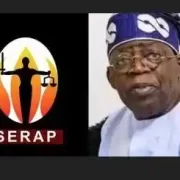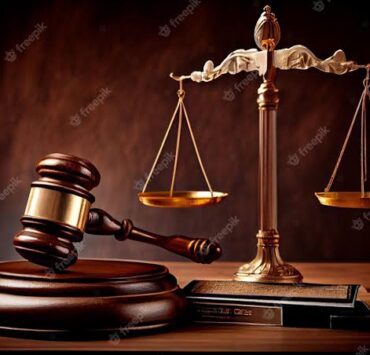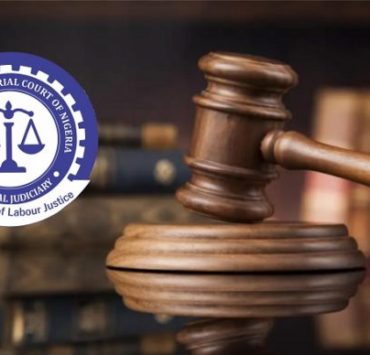EFCC Denies Instructing Lawyer to File Fraud Charge against Oduah

Lawyard is a legal media and services platform that provides…
The Economic and Financial Crimes Commission (EFCC), yesterday, told Justice James Omotosho of the Federal High Court, Abuja, that it never instructed one Mr Ibrahim Mohammed to file any charge bordering on forgery and fraud against a former Minister of Aviation, Senator Stella Oduah.
The EFCC, in a report on Mohammed, said, “The counsel was de-seconded back to the Nigeria Police Force on November 14, 2022. He was not sent to represent EFCC or prosecute the defendant.”
EFCC’s counsel, H. A. Okonofua, at the resumed trial, said the report was filed at the court today.
A mild drama had played out in court last Tuesday, when Justice Omotosho ordered the EFCC to investigate Mohammed, a Police lawyer, over a criminal charge instituted against Oduah.
The order, he stated was to clarify whether the anti-graft agency was in the know of the suit since it was being prosecuted by the Police.
Oduah was expected to be arraigned before the court on a eight count charge bordering on alleged complicity surrounding her National Youth Service Corps (NYSC) certificate and fraudulently receiving money from the federal government.
However, when the matter was called, Oduah was not in court.
Responding, Mohammed, who introduced himself as a lawyer with the Police Legal Department, Force Headquarters, Abuja, told the court that the defendant was not in court because she has not been served with the charge.
According to him, Oduah had told them she was not feeling well when invited to come for the charge.
Reacting, Justice Omotosho, who expressed doubt about the status of the person standing before him, queried why the charge came from the EFCC.
Mohammed replied that it was as a result of human error, disclosing that he was seconded to the anti-graft agency but returned to the Police last November, andthat he only resumed at the police legal department on January 23, this year.
Asked if the anti-graft agency was aware of the charge, the prosecutor answered in the negative, explaining that he filed the charge mistakingly with his EFCC address in Benin City, Edo State.
Not satisfied, Omotosho held that he would need some clarification from the Commission concerning the status of the lawyer as well as the filing of the charge.
He consequently called on Police personnel attached to the court to accompany the lawyer to the office of the EFCC with an order on the Commission to “investigate the fact and report back on July 18.”
According to the judge, the prosecution lawyer admitted being disengaged from the EFCC since November and yet could file a charge in the name of EFCC seven months after.
Meanwhile, Justice Omotosho has adjourned the matter to October 4, to study EFCC’s investigation report to enable him make necessary decision.
Lawyard is a legal media and services platform that provides enlightenment and access to legal services to members of the public (individuals and businesses) while also availing lawyers of needed information on new trends and resources in various areas of practice.













